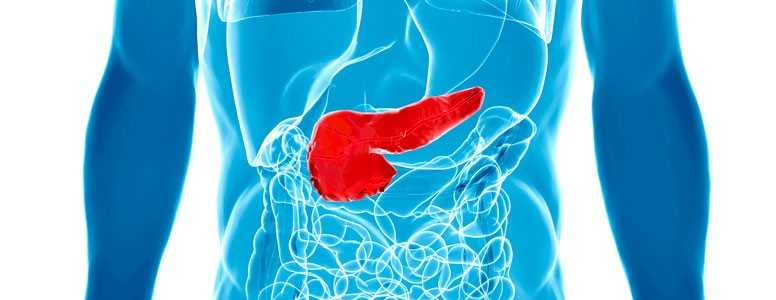Good morning everyone, at my most recent diabetic check in August, I was surprised and upset to find my HbA1c had increased despite my best efforts, (mostly!!) There were two diabetic nurses in the room, one was under the guidance of the other. After asking if I could account for the increase, one looked at the other and said, ‘…..progression of the disease?’ I presume the other nodded, but I wasn’t looking.
Now, my understanding was that if you controlled your diabetes well, it no longer needed to be considered progressive. In fact I’ve based all my efforts on believing that ‘fact’. I admit I ‘chose’ to believe it because I wanted to feel I could directly influence the diabetes through my own efforts. This recent increase makes me despondent, thinking, will it progress inspite of anything I do? I want to believe I can influence it for the better, otherwise what’s the point of all this effort?
I have a repeat test, at my request, in early December, and am doing all I can to bring the numbers down, but I was doing that before!!!
Thanks for reading.
Now, my understanding was that if you controlled your diabetes well, it no longer needed to be considered progressive. In fact I’ve based all my efforts on believing that ‘fact’. I admit I ‘chose’ to believe it because I wanted to feel I could directly influence the diabetes through my own efforts. This recent increase makes me despondent, thinking, will it progress inspite of anything I do? I want to believe I can influence it for the better, otherwise what’s the point of all this effort?
I have a repeat test, at my request, in early December, and am doing all I can to bring the numbers down, but I was doing that before!!!
Thanks for reading.



